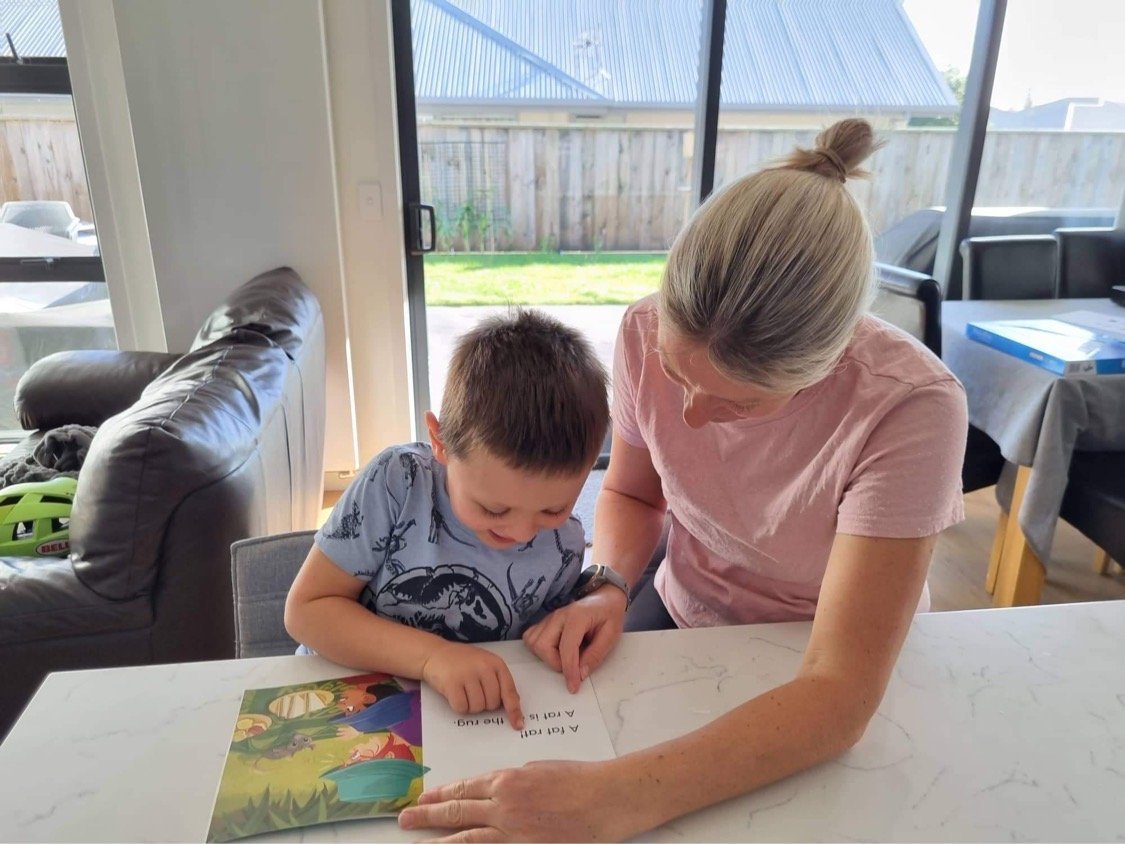
Literacy in Action
Overview of reading at HSS
What we do
Within our three syndicates at Hampden Street School we are developing a consistent approach to the teaching of reading. The scientific research now shows that for children to be successful in literacy, they need to be able to work out new words, sounding them out for reading and spelling.
Taken from: https://www.nancyyoung.ca/ladder-of-reading-and-writing
At all levels we have begun to incorporate a structured literacy approach through phonics teaching in our learning programmes. This benefits all readers. In our Junior Syndicate we take the Better Start Literacy approach, in the Middle Syndicate we teach explicit phonics and word recognition skills through ‘The Code’, and at the Senior Level we also use ‘The Code’, which is a systematic approach for teaching spelling. All of these approaches support the development of phonemic awareness, which is necessary to progress as a reader.
How parents can support
As ‘first teachers’ we highly value the role of whānau in supporting reading at home. This can have immense benefits in the success your child can achieve in the classroom and later on in life. A 2021 literature review called Reading for pleasure for the collective good of Aotearoa New Zealand highlights these benefits to children of reading for pleasure.
Opportunities to be surrounded by text through trips to the library, picture books and magazines will all help develop that love for reading. We suggest reading to and with your child, as well as listening to your child read, throughout their primary years.
Here are useful suggestions for what you can do if your child is finding it a challenge when reading at home.
Ask them to…
blend the sounds together to make the word, but first check that the word can be sounded out easily, i.e., ‘dog’ and ‘cat’ are easy to sound out; ‘said’ or ‘there’ are not.
encourage them to listen to the word they have sounded out and check it makes sense in the story
if the unknown word is a high frequency word (common words such as ‘the’, ‘is’, ‘my’ etc.) just tell them the word. Such words are best learnt by memorising rather than phonics.
if your child is challenged by more than one word in every 10, the book is too hard. Either read the words or story to them, or take turns reading each page or unknown word.
The HSS Approach to Reading
The following series of videos provide a more detailed overview explaining the approach we take to teaching reading at HSS. There are also videos which support reading with and to your child at home.











